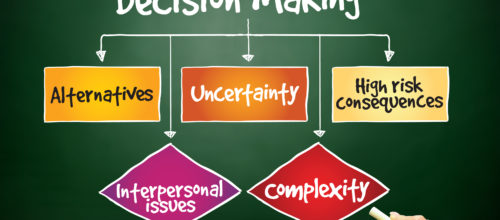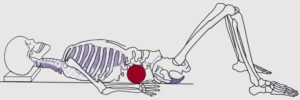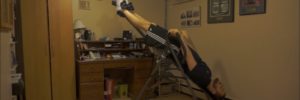
A Tip For Improving Your Exercise & Health Decisions
I just finished the book Decisive by Chip Heath and Dan Heath. Eric Cressey had recommended this book on his Instagram story, and I thought I would check it out.
Decisive, the book, is about helping people make decisions that will improve their work and life outcomes.
One of the takeaways I got from this book is that people make decisions without considering all of their options. People make decisions based on “this or that” or “whether or not.” For instance – people ask me the following questions all the time.
“Hey Remi, am I able to go to the gym with my lower back injury (e.g., disc herniation) or not?”
or
“Hey Remi, should I get surgery for my low back injury or not”?
With these type of questions, only 2 options exist. It’s either “this or that” or “whether or not.” The problem with these “this or that” or “whether or not” questions is that people don’t consider alternative options that may exist. In the first question – “Am I able to go to the gym with my lower back injury (e.g., disc herniation) or not” – there are only 2 options. Either the individual can go to the gym or they can’t; however, there are other options they could have considered and asked. For example:
“Hey Remi, if I go to the gym – What exercises can I do that will help with my low back injury and won’t make it worse?”
or.
“Hey Remi, if I go to the gym – Should I hire a personal trainer or coach that can help me exercise without making my back worse?”
Asking the question about “whether or not you can go to the gym” is not a fitting question to ask. Anyone can go to the gym with a low back injury; however, it’s what you’re doing in the gym that matters. If you’re doing exercises in the gym that make your injury worse – you will get worse. But if you’re doing exercises in the gym that will help with your injury – you may improve.
For the example of “whether or not” to get surgery – there only 2 options. Either the person gets surgery, or doesn’t. While determining if one needs surgery or not is out of my practice – there are a few additional options that one may consider. For example:
“Should I seek out a second or even third opinion before considering surgery”?
“Should I try physical therapy? Massage therapy? Chiropractor”?
“Should I seek out the expertise of Dr. Stuart McGill”?
Asking the question about “should I get surgery or not” is not a clear question to ask. If a person hasn’t considered all opinions or hasn’t tired all conservative approaches – they may miss out on an opportunity to improve without having to opt for surgery. While surgery may be the option at times – not everyone needs surgery, and people would prefer to avoid.
Expanding Your Options
From the 2 examples above of “this or that” or “whether or not” – we were able to expand the person’s outlook. They had more options that they didn’t perhaps recognize or consider. A failure to recognize and consider these alternative options could lead to a poor decision. That’s not to say that the alternative options are the best options. But a failure to recognize and consider other options could lead to a missed opportunity.
While I’ve used examples geared towards low back issues – the concept is universal and could apply to any situation. Maybe you’re trying to decide on a job to take, an education to pursue or a person to date. Whatever the situation is – the next time you’re trying to make a decision – stop and think about what options you may have. It will provide you with an expanded outlook that may help with your decision making process. For more information on decision making – I’d recommend checking out the book Decisive.
Salute,
Remi
Thumbnail Image Licensed from “dizanna/depositphotos.com”












